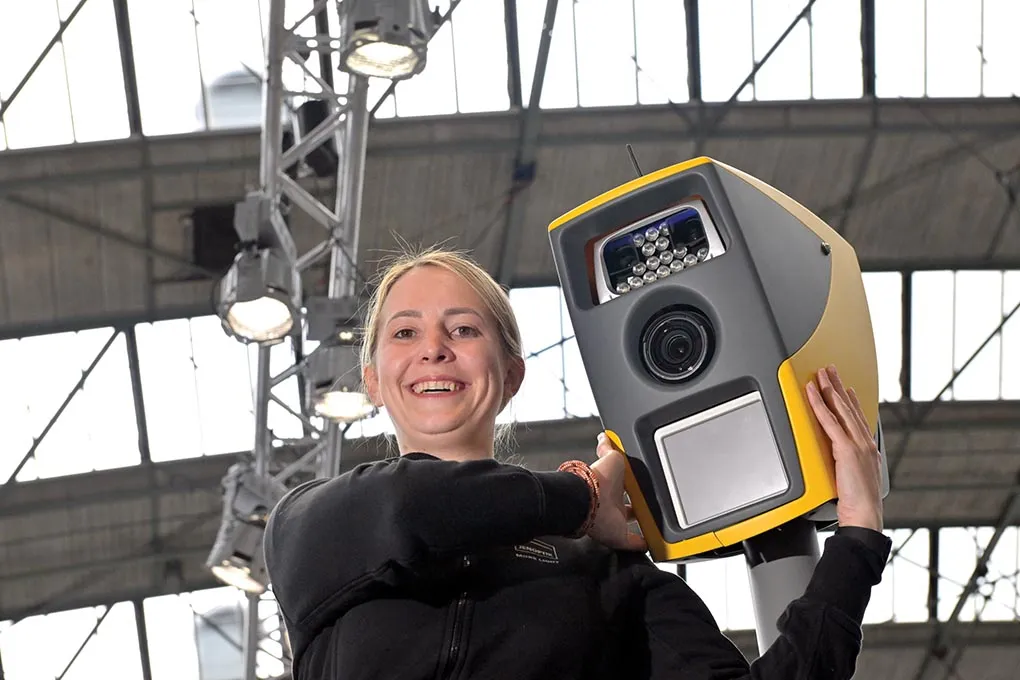IAM RoadSmart’s surveys also showed that drivers place enforcing mobile phone laws in second place behind drink and drug driving as a road traffic policing priority with seatbelt use in sixth place.
While some police forces had reservations about using safety cameras or camera vans to record non-speeding offences, IAM Roadsmart highlighted that questio still need to be resolved around Home Office Type and image quality for successful prosecution.
Sarah Sillars, IAM RoadSmart Chief Executive Officer, said: “Drivers should be reassured that the police are using all the tools in their road safety toolkit to address their top worries. For too many drivers it is only the fear of being caught that will stop them putting themselves and others at risk from smartphone distraction. Not wearing a seatbelt also puts an unfair burden on our emergency services who have to deal with the aftermath of such selfish behaviour. If drivers don’t know about this added enforcement technique then its impact will be reduced so the police should have no hesitation in publicising its use.”
“Our research shows that the use of mobile safety camera vans to pursue phone users and seatbelt offenders varies from one force to another. What we need are clear and consistent guidelines on what the cameras are being used for, what training staff are being given and how the images are being used as evidence. The last thing we want to see are resources being wasted or the road safety message being diluted by careless drivers being acquitted”, Sillars added.
IAMRoadSmart: Over a third of police use mobile safety camera vans
More than a third of UK police forces used mobile safety camera vans to prosecute over 8,000 drivers for not wearing seatbelts and around 1,000 with a mobile phone in their hand in, according to IAM RoadSmart’s freedom of Information request in 2016. It was submitted to 44 police forces which revealed that 16 of them used pictures from the cameras in their vans to pursue these offences as a matter of routine while a further four did so occasionally.
February 2, 2018
Read time: 2 mins
More than a third of UK police forces used mobile safety camera vans to prosecute over 8,000 drivers for not wearing seatbelts and around 1,000 with a mobile phone in their hand in, according to IAM RoadSmart’s freedom of Information request in 2016. It was submitted to 44 police forces which revealed that 16 of them used pictures from the cameras in their vans to pursue these offences as a matter of routine while a further four did so occasionally.









